Regulation
XRP Lawyer Spotlights Major Obstacle If Agency Accepts Deal
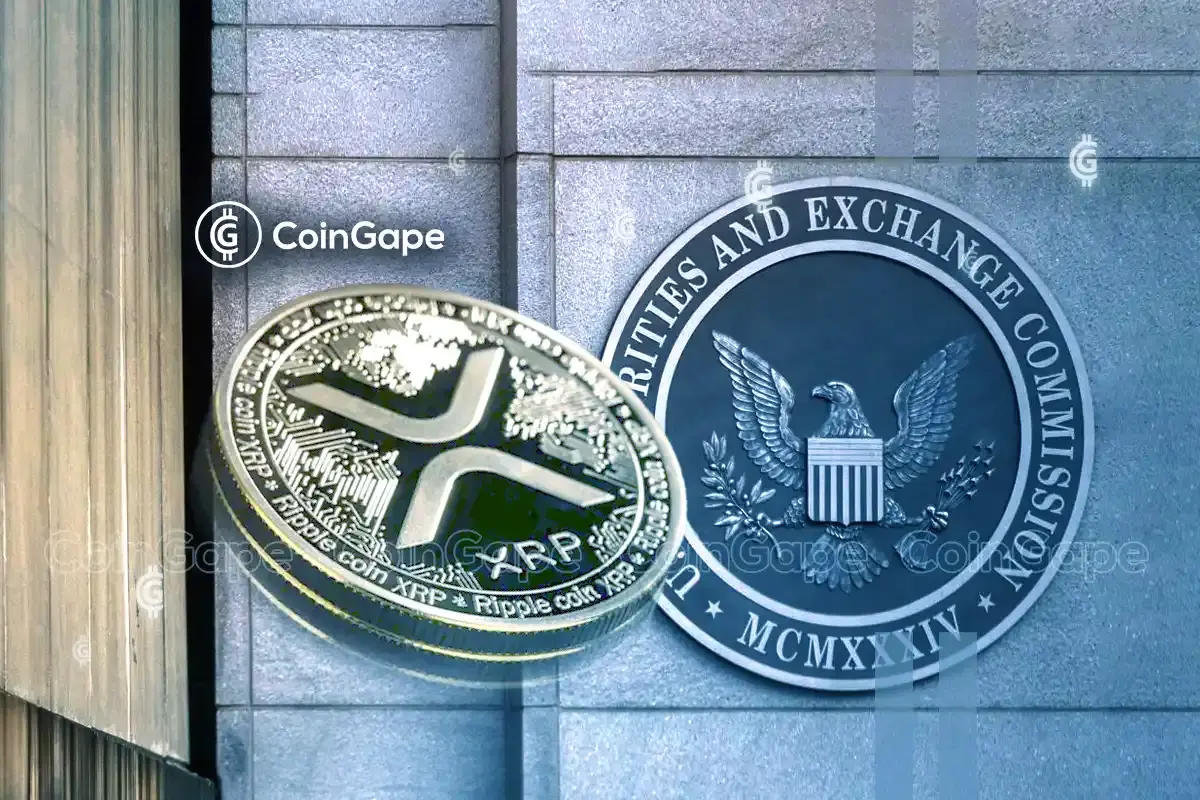
In the ongoing legal battle between Ripple Labs and the U.S. Securities and Exchange Commission (SEC), XRP enthusiasts have branded the potential settlement as a “showdown.” This label has sparked a heated response from pro-XRP lawyer Bill Morgan, who criticized the notion. Moreover, he also highlighted that the Ripple SEC settlement could catalyze a major obstacle for the firm.
Ripple SEC Settlement To Impact Crypto Firm’s Future Operations
Morgan ditched the notion of a “showdown” on the XRP lawsuit settlement. In addition, he also ditched the likelyhood of a settlement soon, which contradicts Ripple CEO Brad Garlinghouse’s recent stance. The lawyer wrote on X, “This is unlikely to happen but if it does it is a compromise not a big win. It means both parties give up something.”
Morgan’s stance highlights the complexities and misconceptions surrounding the potential resolution of the high-profile case. The SEC’s lawsuit against Ripple, initiated in December 2020, alleged that the company raised over $1.3 billion through sales of its XRP token.
The SEC classified the token as an unregistered security at the time. However, a 2024 court ruling by Judge Analisa Torres nuanced this interpretation by stating that certain “programmatic sales” of XRP did not constitute securities transactions.
Meanwhile, a user user challenged the idea of a settlement without significant concessions from the SEC. They argued, “I don’t see a point in Ripple settling unless the SEC forever guarantees to appeal nothing after Judge Torres’s final ruling.”
Morgan responded by clarifying the nature of settlements, noting, “Settlements generally end matters in dispute including appeal rights in the current proceedings.” However, the lawyer spotlighted another obstacle that Ripple might face after a settlement.
Morgan noted, “The more likely difficulty is other Ripple XRP sales since December 2020 and future Ripple sales of XRP.” Former SEC lawyer Marc Fagel echoed Morgan’s skepticism about the Ripple SEC settlement. He also cited the financial demands made by the SEC.
Also Read: Donald Trump Bags $4M In BTC, ETH and XRP From Crypto Heavyweights
Ex-SEC Weighs In On Settlement & Penalty
Fagel noted, “A settlement would mean neither party can appeal (which is probably why it won’t settle).” He also shed light on how the American watchdog is unlikely to receive the hefty penalty levied on the blockchain payments firm. He noted, “The SEC requested a $1B penalty (plus about $1B in disgorgement + interest). That is the only SEC position before the court. (They won’t get it; but the numbers have not changed.)”
Furthermore, Fagel dismissed speculation of the Ripple SEC settlement during the SEC closed-door meeting on July 25. He stated, “I’ve tried to patiently explain to people what closed meetings are, how they work, and why a settlement (if it existed) likely wouldn’t even be calendared at one (as presumably the sole person here who used to attend them). Some appreciate the info; most are just into clickbait.”
What Makes The Situation More Complex?
Earlier, Ripple’s Chief Legal Officer Stuart Alderoty referenced the court’s decision in the Aron Govil case. He emphasizing that if a buyer suffers no financial loss, the SEC is not entitled to disgorgement from the seller. Furthermore, Morgan pointed out that this decision could influence the Ripple vs. SEC case.
“If institutional investors suffered no pecuniary harm, the fact that the Second Circuit Court of Appeals did not reconsider Govil is a good thing for Ripple,” Morgan wrote on X. In March 2024, the SEC had argued that institutional investors suffered $480 million in damages due to Ripple’s alleged discrimination during XRP On-Demand Liquidity (ODL) sales.
The agency also contended that had Ripple registered the sales of XRP, the company would have been obligated to disclose discounts offered to favored institutional investors. Hence, in case of the Ripple SEC settlement, the agency could limit the future sales of XRP by leveraging this argument. In addition, the crypto firm is mulling an IPO in the U.S., however, the regulatory uncertainties have excarberated difficulties.
Also Read: BlackRock Crypto Chief Denies Chances Of Solana, XRP ETF Approval
The presented content may include the personal opinion of the author and is subject to market condition. Do your market research before investing in cryptocurrencies. The author or the publication does not hold any responsibility for your personal financial loss.
Regulation
Kraken Obtains Restricted Dealer Registration in Canada

Cryptocurrency exchange Kraken has obtained a Restricted Dealer registration in Canada. The registration comes after completing a pre-registration undertaking (PRU) process with Canadian authorities.
The exchange has also announced the appointment of Cynthia Del Pozo as its new General Manager for North America. Del Pozo will oversee Kraken’s growth initiatives in Canada.
Kraken Completes PRU Process In Canada
Kraken’s Restricted Dealer registration marks the completion of a thorough pre-registration undertaking (PRU) process with Canadian regulators. The registration places Kraken under the supervision of the Ontario Securities Commission (OSC). This oversight ensures users have access to secure crypto products within a properly regulated local ecosystem.
According to the Canadian Securities Administrators (CSA), the Restricted Dealer registration is one of eight firm registration types in Canada. This particular classification is used for firms that “do not quite fit under any other category.” It also comes with specific requirements and conditions set by securities regulators.
Kraken’s regulatory achievement comes during a period of change in the Canadian crypto sector. Just months earlier, competitor Gemini exchange announced its departure from the Canadian exchange market by the end of 2024. This was a move that surprised many and raised questions about cryptocurrency regulation clarity in the country.
Kraken Introduces New Canadian GM
Del Pozo has joined Kraken to lead its Canadian operations as the new General Manager for North America. She has nearly 15 years of experience in corporate development, operations, and fintech consulting. Del Pozo will help to guide Kraken’s expansion across Canada during this important phase of crypto’s development in the region.
“Canada is at a turning point for crypto adoption, with a growing number of investors and institutions recognizing digital assets as a vital part of the financial future. I’m thrilled to join Kraken’s mission at this critical moment, and to lead our expansion efforts, ensuring we continue to serve our clients long-term with innovative and compliant products,” said Del Pozo.
In her role, Del Pozo will focus on strengthening Kraken’s regulatory relationships and also scaling the company’s presence throughout North America.
Del Pozo also commented on the registration achievement: “This Restricted Dealer registration is testament to the high bar Kraken has always set for consumer protection, client service, and robust security. We’re excited to continue expanding our world-class investment platform and to deliver innovative products that provide real-world utility to Canadians.”
The Exchange’s Continued Growth In Canada
Over the past two years, the cryptocurrency exchange has shown steady expansion in Canada while working through the PRU process with regulators. During this period, the exchange has doubled its team size and monthly active users.
According to the official blog post figures, the firm now has more than $2 billion CAD in total client assets under custody. Kraken has also increased support for some of the most popular cryptocurrencies. It provides several CAD spot trading pairs that enable Canadians to trade crypto without paying expensive foreign exchange fees.
According to Innovative Research Group’s 2024 Investor Survey, 30% of Canadian investors currently own or have owned cryptocurrencies. Likewise, a KPMG Canada survey discovered that 30% of Canadian institutional investors now have exposure to cryptocurrencies, which means widespread adoption across investor types.
Disclaimer: The presented content may include the personal opinion of the author and is subject to market condition. Do your market research before investing in cryptocurrencies. The author or the publication does not hold any responsibility for your personal financial loss.
Regulation
USDC Issuer Circle Set To File IPO In April, Here’s All

USDC issuer Circle is reportedly set to file its initial public offering (IPO) in April as part of the firm’s plans to finally go public. The stablecoin issuer is allegedly already working with top financial institutions to achieve this move.
Circle To File IPO In Late April
According to a Fortune report, Circle is looking to file its IPO in late April, although the listing period remains uncertain. The report noted that when a company files to go public, its shares usually begin trading four weeks later, indicating that the listing could occur in May. However, there is also a scenario where the IPO process could drag on for months.
The stablecoin issuer is reportedly working with investment banks JPMorgan Chase and Citi to achieve its long-anticipated IPO. The firm had previously tried to go public in 2021 under a SPAC arrangement with a shell company.
The US SEC failed to sign off on this arrangement back then, and the company eventually scrapped these IPO plans by the end of 2022 when the crypto exchange FTX collapsed and the broader crypto market experienced a downturn.
Revelation about Circle’s IPO plans comes just days after the stablecoin issuer partnered with NYSE’s parent company to explore USDC’s use in traditional finance (TradFi). Meanwhile, the USDC stablecoin recently launched in Japan following approval from the country’s regulator. Notably, USDC is the first and only global dollar stablecoin approved under Japan’s stablecoin framework.
An Easier Path Now For The Stablecoin Issuer
Circle will likely face less resistance for its IPO plans under the current SEC administration. Under acting Chair Mark Uyeda, the Commission has shown its willingness to work hand in hand with crypto firms, which was missing under Gary Gensler’s administration.
US SEC Chair nominee Paul Atkins has also shown his willingness to change the approach that Gensler’s administration adopted towards crypto firms. During his nomination hearing, the SEC Chair nominee promised to prioritize providing regulatory clarity for the industry.
Circle’s IPO listing would be the biggest since the top crypto exchange Coinbase went public in 2021. Interestingly, Coinbase owns an equity stake in the crypto firm.
The firm’s USDC is currently the second-largest stablecoin by market cap, only behind Tether’s USDT. The stablecoin industry is heating up as more financial institutions look to develop their own stablecoin.
Donald Trump’s World Liberty Financial recently revealed plans to launch its USD1 stablecoin, while asset manager Fidelity is also considering doing so.
Disclaimer: The presented content may include the personal opinion of the author and is subject to market condition. Do your market research before investing in cryptocurrencies. The author or the publication does not hold any responsibility for your personal financial loss.
Regulation
Japan Set To Classify Cryptocurrencies As Financial Products, Here’s All

Cryptocurrency investors in Japan are bracing for impact following a plan to reclassify digital assets as financial products. While the plan has elicited excitement from cryptocurrency enthusiasts in the Far East, the ambitious plan will have to scale several legislative hurdles.
Japan Targets Reclassification Of Cryptocurrencies As Financial Products
According to a report by Nikkei, Japan’s Financial Services Agency (FSA) is inching toward classifying cryptocurrencies as financial products. Per the report, the FSA intends to achieve the reclassification via an amendment to the Financial Instruments and Exchange Act.
Currently, digital assets in Japan are considered crypto assets conferred with property rights and seen as payment means. Under the FSA’s plans, cryptocurrencies in Japan will be treated as financial products in the same manner as traditional financial products.
The FSA says it will adopt a slow and steady approach toward the reclassification, carrying out “a private expert study group” to test the waters. If everything goes according to plan, the FSA will submit the amended bill to Parliament in early 2026.
The classification of cryptocurrencies as financial products will have far-reaching consequences for the local ecosystem. Experts say treating cryptocurrencies as financial products will bring Japan closer to a crypto ETF launch amid a changing regulatory landscape.
Furthermore, the move may lower current cryptocurrency taxation for local investors since existing capital market rules will apply to the asset class.
A Fresh Bill For Crypto Insider Trading Is Underway
Apart from the reclassification, the FSA disclosed plans for new legislation against insider trading. The move flows treating cryptocurrencies as financial products and will strengthen existing investor protection rules.
“It is a direction to establish a new insider trading regulation that prohibits trading based on unpublished internal information,” said the FSA. “We will develop laws to prevent unfair transactions.”
However, Japan’s cryptocurrency scene is heating up to a boil, driven by local and international players. Last week, stablecoin issuer Circle secured approval from the FSA for USDC with top exchanges set to list the stablecoin.
Japan’s Metaplanet has tapped Eric Trump to join its Strategic Board of Advisors as it continues to load up Bitcoin.
Disclaimer: The presented content may include the personal opinion of the author and is subject to market condition. Do your market research before investing in cryptocurrencies. The author or the publication does not hold any responsibility for your personal financial loss.
-

 Market23 hours ago
Market23 hours agoBNB Price Faces More Downside—Can Bulls Step In?
-
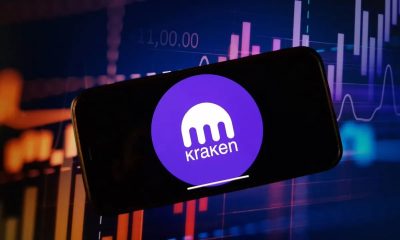
 Regulation17 hours ago
Regulation17 hours agoKraken Obtains Restricted Dealer Registration in Canada
-

 Market24 hours ago
Market24 hours agoVanEck Sets Stage for BNB ETF with Official Trust Filing
-

 Bitcoin23 hours ago
Bitcoin23 hours agoTokenized Gold Market Cap Tops $1.2 Billion as Gold Prices Surge
-

 Bitcoin19 hours ago
Bitcoin19 hours agoLummis Confirms Treasury Probes Direct Buys
-
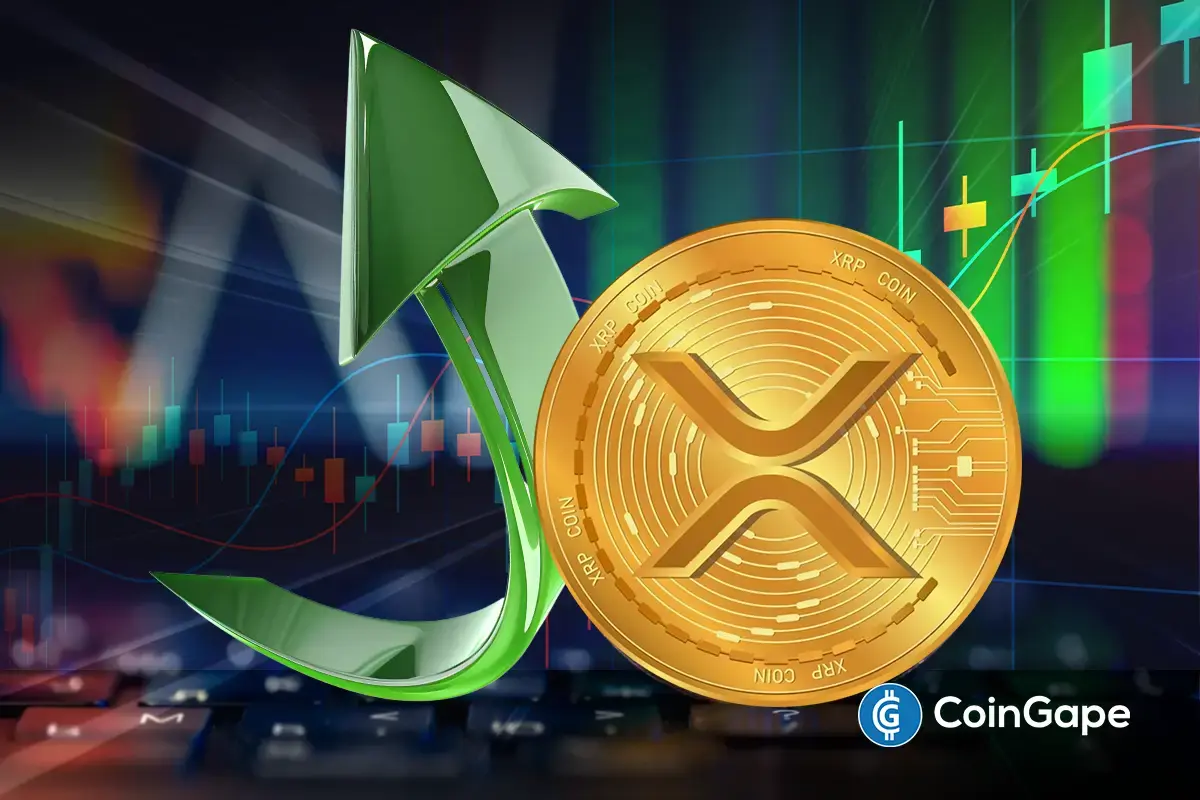
 Altcoin13 hours ago
Altcoin13 hours agoHere’s Why This Analyst Believes XRP Price Could Surge 44x
-

 Altcoin12 hours ago
Altcoin12 hours agoHow Will Elon Musk Leaving DOGE Impact Dogecoin Price?
-

 Altcoin9 hours ago
Altcoin9 hours agoFirst Digital Trust Denies Justin Sun’s Allegations, Claims Full Solvency









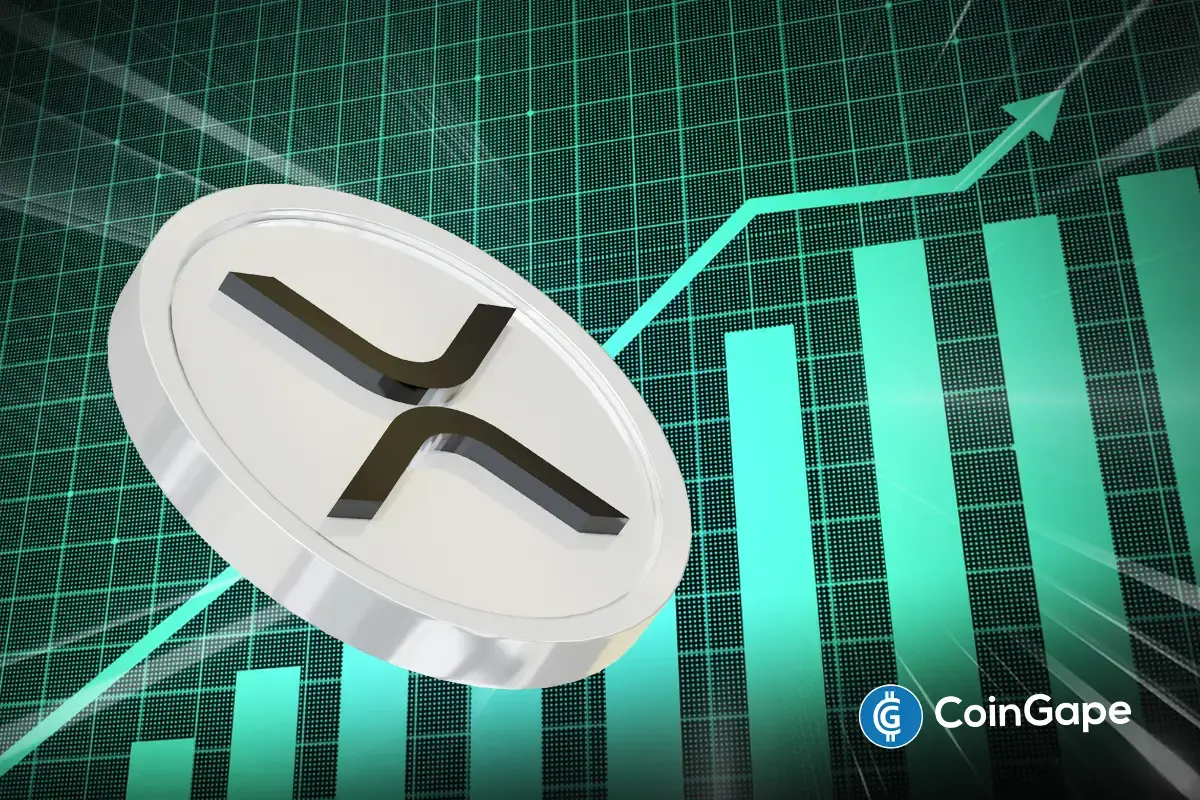




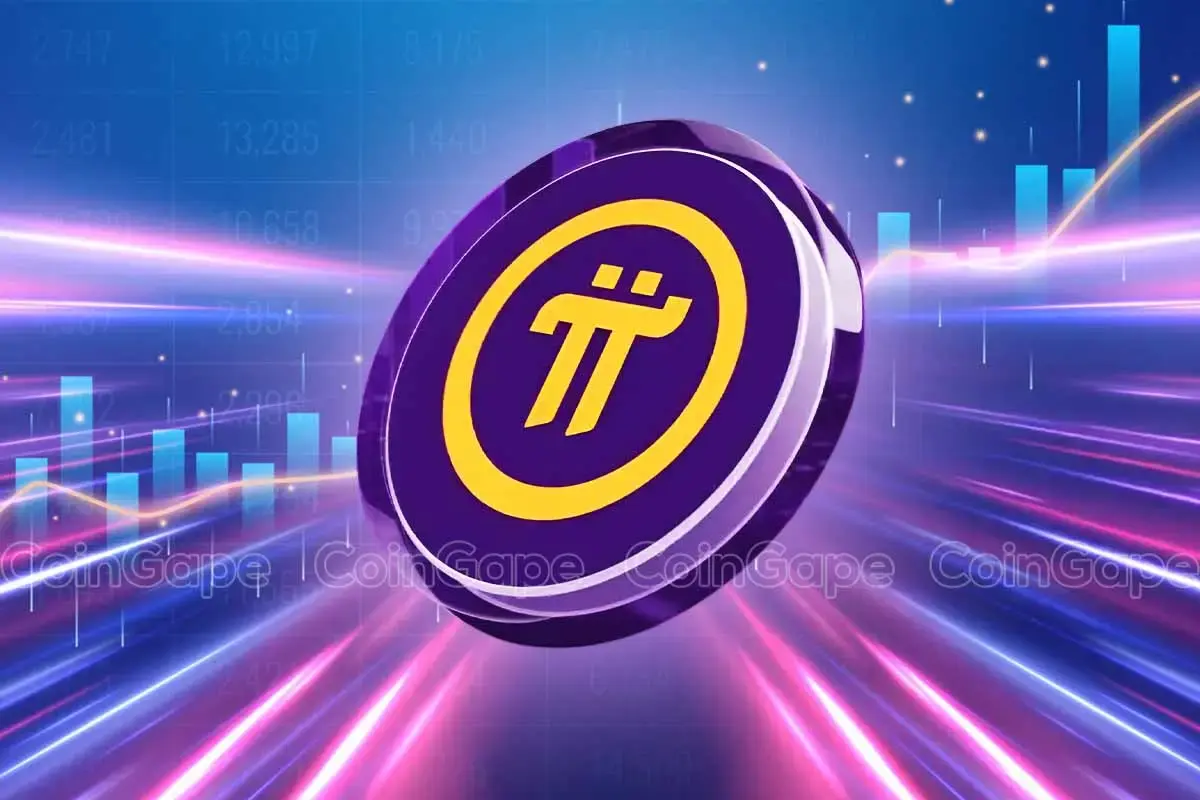






✓ Share: